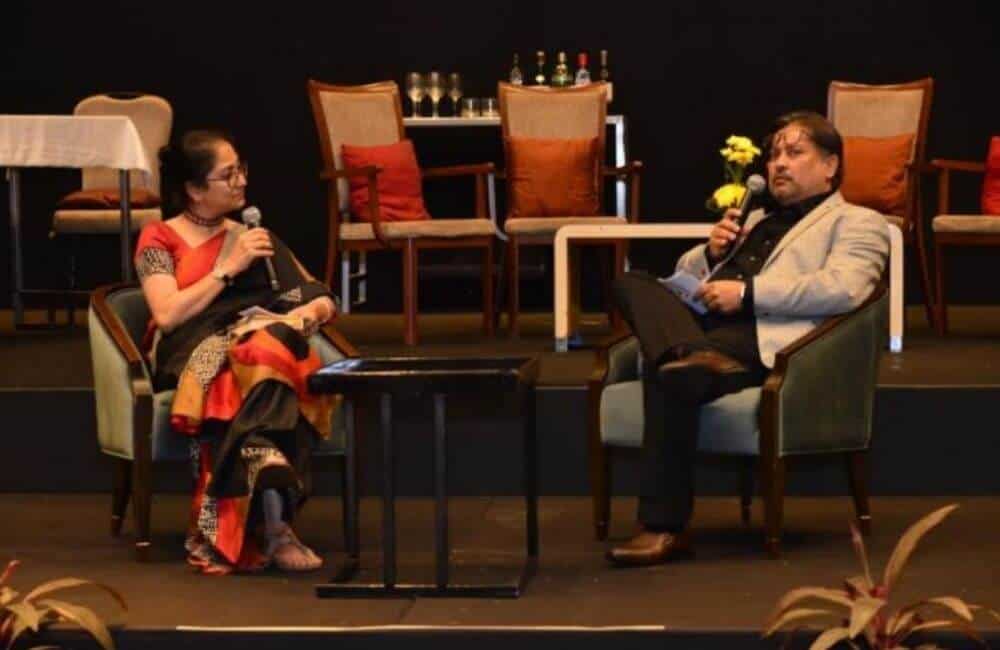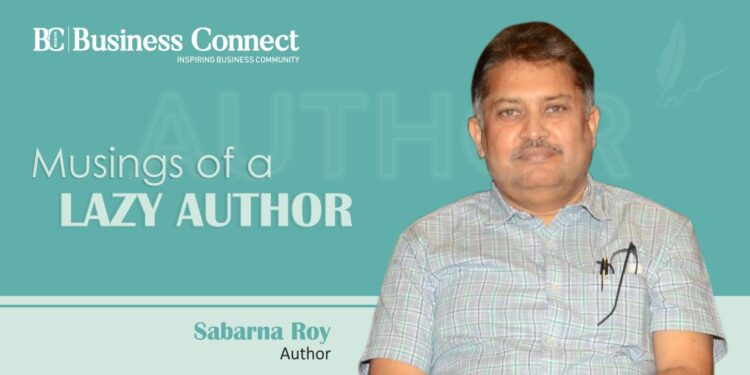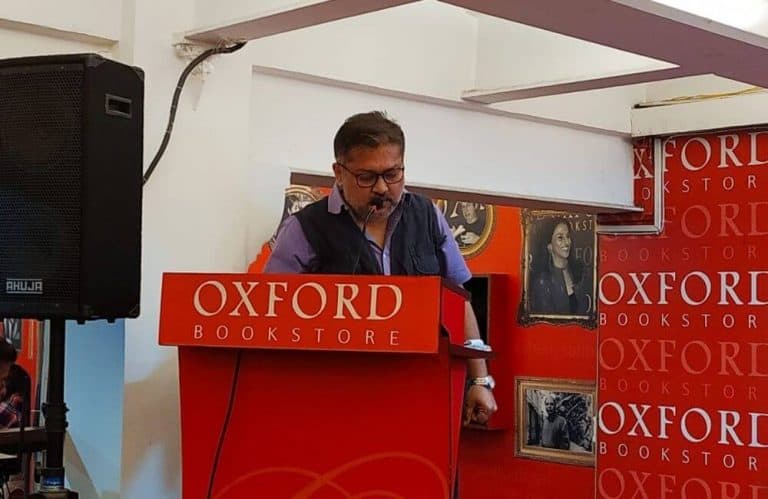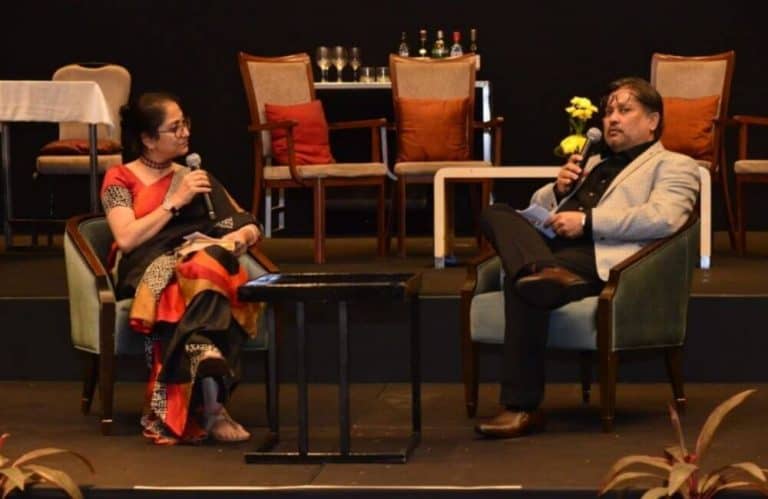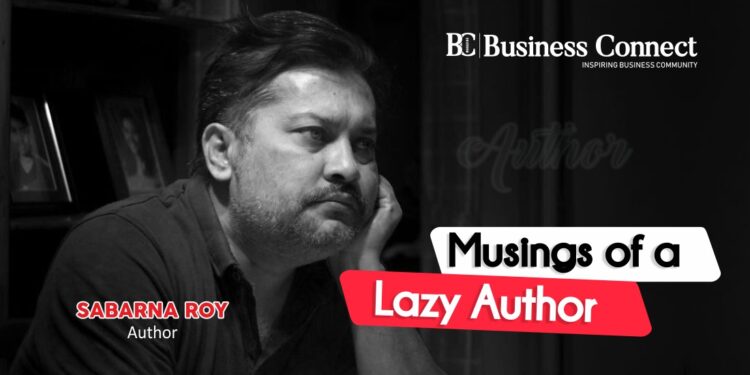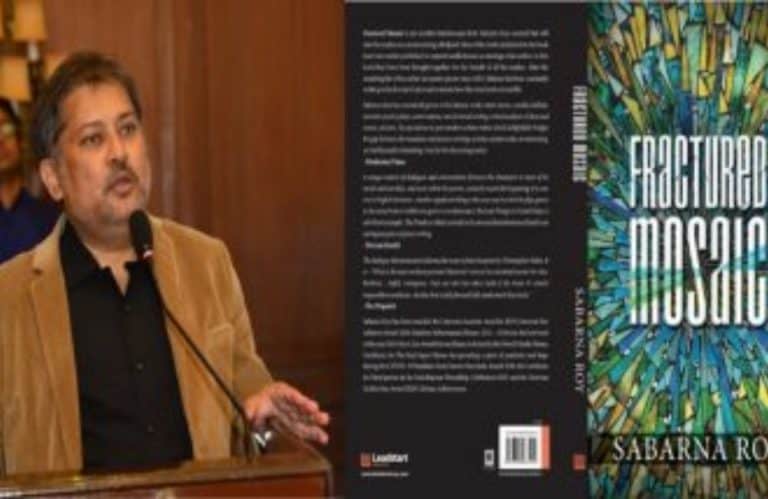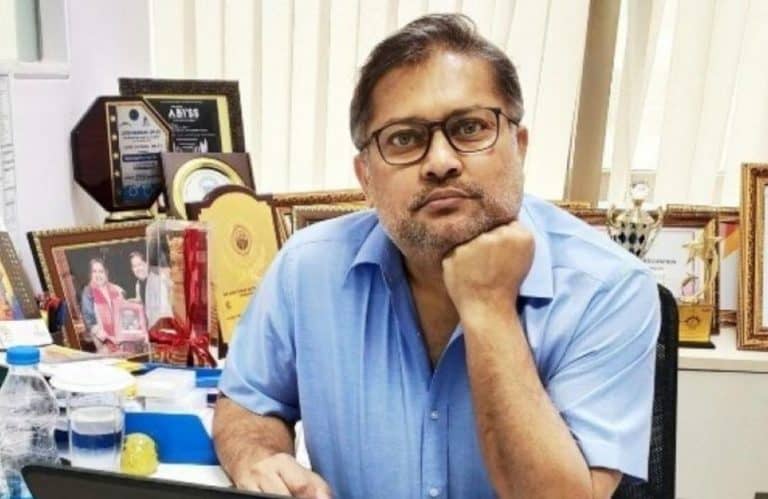A Deep Chat with the Critically Acclaimed Bestselling Author Sabarna Roy
Sabarna Roy is a much awarded, critically acclaimed bestselling author of 6 literary books: Pentacles; Frosted Glass; Abyss; Winter Poems; Random Subterranean Mosaic: 2012 – 2018, and Etchings of the First Quarter of 2020. He is the lead author of a technical book, which has been published from the European Union and has been translated into 8 major European languages.
He has been awarded the Literoma Laureate Award in 2019, Literoma Star Achiever Award 2020, Random Subterranean Mosaic: 2012 – 2018 won the best book of the year 2019, the A List Award for excellence in fiction by the NewsX Media House, Certificate for The Real Super Heroes for spreading a spirit of positivity and hope during the COVID-19 Pandemic from Forever Star India Award 2020, the Certificate for Participation in the Indo Russian Friendship Celebration 2020, and the Literoma Golden Star Award 2020: Lifetime Achievement.
We had a conversation with Sabarna Roy, transcript of which is given below.
Interview:
1) What was your journey from engineer to writer. What inspired you to start writing?
I am a Senior Engineering Professional and a Literary Author of six books and the Lead Author of a Technical Book that has been translated into eight major European languages. I am a much-awarded Author and my books have been Bestsellers and have received critical acclaim. I have been covered by all the major National Media houses including Forbes India. I have a Wikipedia page.
The inspiration to write comes from within and it is difficult to pin-point it.
2) Tell us about your first published book? What was the journey like?
My first published book is Pentacles.
Pentacles comprises one long story and four short poems. The work delightfully bridges the gap between the mundane and arcane writings of today and provides an interesting, yet intellectually stimulating, treat for the discerning reader.
New Life is a long story written from the perspective of a successful adult whose mother had deserted the family for another man. The teenage angst and the scars it has left behind on the psyche of the protagonist are subtly reflected in the character. The different elements and characters of the story are beautifully interwoven to produce an intense and compelling story of an adult haunted by the trauma of being deserted by his mother. The work is interspersed with thought-provoking views on issues like love and socio-economic conditions in India.
The traditional rhyme and metre dominated poems are on love, loss and longing. Unshackled by the bonds of rhyme and metre, the free verses evoke the stark reality of urban life, hitting you straight in the guts. The use of everyday urban imagery adds to the appeal of the compositions. The concrete prison of urban life and the unfulfilled desire to escape to a simple life is aptly brought out in The Tower. The other poems of the collection are more biographical in nature with the protagonist being the member of the fairer sex. The free verses sketch out their life story with its attendant pathos, poignancy and logic. The best part of all the compositions is that the reader will definitely identify with the poet and will, in one form or other, have similar stories to narrate.
3) What was one of the most surprising things you learned in creating your books?
That it helps demystifying your own life.
4) What is the most difficult part about writing for you?
Where to start and end the book.
5) What is more challenging, a full-fledged novel or collection of poems or collection of short stories?
Prose certainly is more difficult than writing poems.
6) What books or authors have most influenced your own writing?
There are many, many authors that I read. However, I will name a few: Anton Chekov, Albert Camus, Eugene Ionesco, Osip Mandelstam, Orhan Pamuk, Milan Kundera, Haruki Murakami, J M Coetzee, Rabindranath Tagore, R K Narayan, Ruskin Bond and Upamanyu Chatterjee. The novels that have deeply impacted me are: Anna Karenina, Dakghar [The Post Office], The Outsider, Snow, The Unbearable Lightness of Being and The Life & Times of Michael K.
7) What book could you read time and time again and never get tired of?
The Outsider by Albert Camus.
8) Have any of your books been made into audiobooks? If so, what are the challenges in producing an audio book?
Pentacles and Winter Poems have been made into audiobooks on Amazon Audible. Both the books have been read by an Australian Jazz Singer, Colin Newcomer.
9) What are your thoughts on audiobook. Do you like to listen audiobooks?
I think audiobooks are fine in the post-modern times. I myself do not listen to many audiobooks. But I cannot say what I will do in the future.
10) Tell us something about your latest book. What is it about?
Etchings of the First Quarter of 2020 comprises a novella and a poem cycle.
The novella, in the background is a sweetly evolving dialogue between a step-father and a step-daughter, and in the foreground it is a dissection of ideas pivoted around dualism of human life by discussing literary characters like, Lolita, Humbert Humbert, Anna Karenina, and Nikhilesh; thought-leaders like Hegel, Marx, and Heisenberg; political phenomena like, the Bolshevik Revolution; schizophrenia, love as an idea, and the secret love story of T S Eliot; and ecological phenomena like, marine conservation, and all of this is done in a unique way, almost as if we are engaged in a conversation with the author, to make us realize the plurality of life and accepting it to find peace and harmony in life.
The poem cycle is an anthology of 20 sharp edged poems that excite and thrill you as you are encapsulated in the whirlwind of the confrontations between the poet and his alter-ego.
11) Do you want each book to stand on its own, or are you trying to build a body of work with connections between each book?
I am trying to build a body of work with subtle connections between each book.
12) What’s next? Are you working on another book? If so, what’s it about?
Presently, I am writing a book on the Pandemic. I am planning to publish this book in 2021.
13) Who is your publisher? How has been your experience with them?
The publisher for my Literary books is Leadstart Publishing Private Limited of Mumbai and for my Technical book, the publisher is Scholars’ Press, Latvia, European Union. My experience of working with them has been good.
14) Writing can be an emotionally draining and stressful pursuit. Any tips for aspiring writers?
Try to be as lucid and authentic that you can be.
15) Do you hear from your readers much? What do they say? At last, what will be your message for the readers?
I get to listen to lot of feedback from my readers. They at times appreciate. Some of them also criticize, sometimes constructively, sometimes destructively. My message is: Read more books and support and appreciate and critique living authors.
Source: newspatrolling.com

